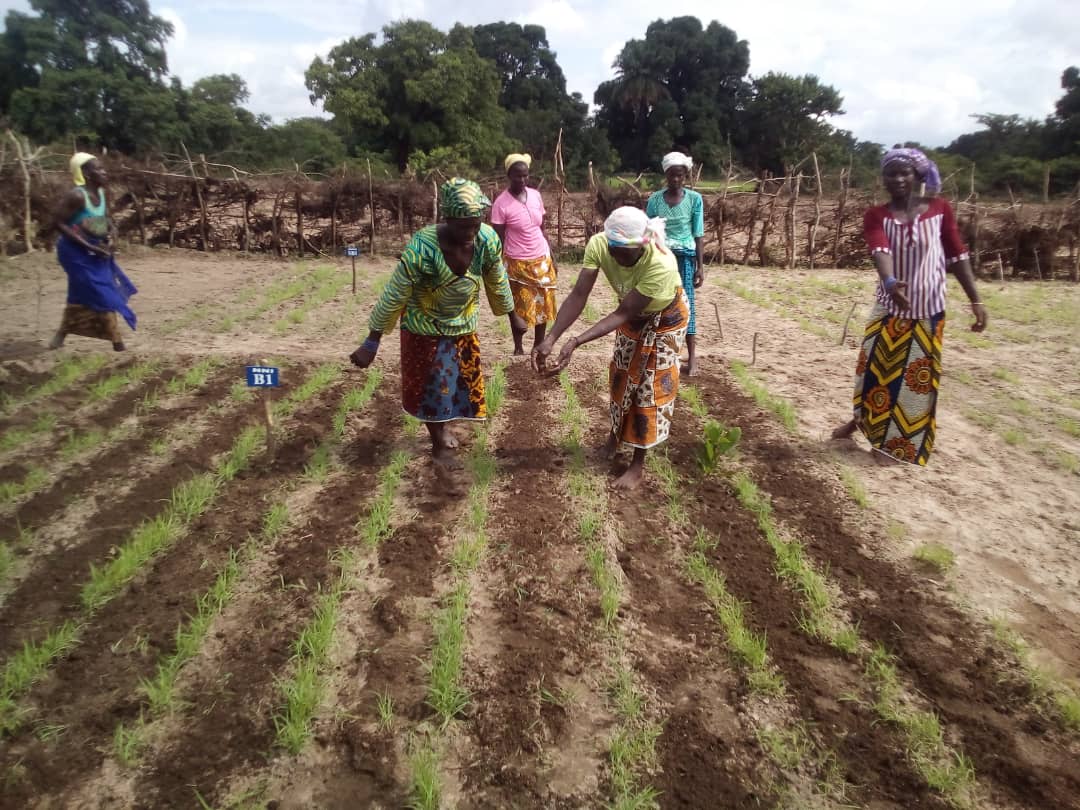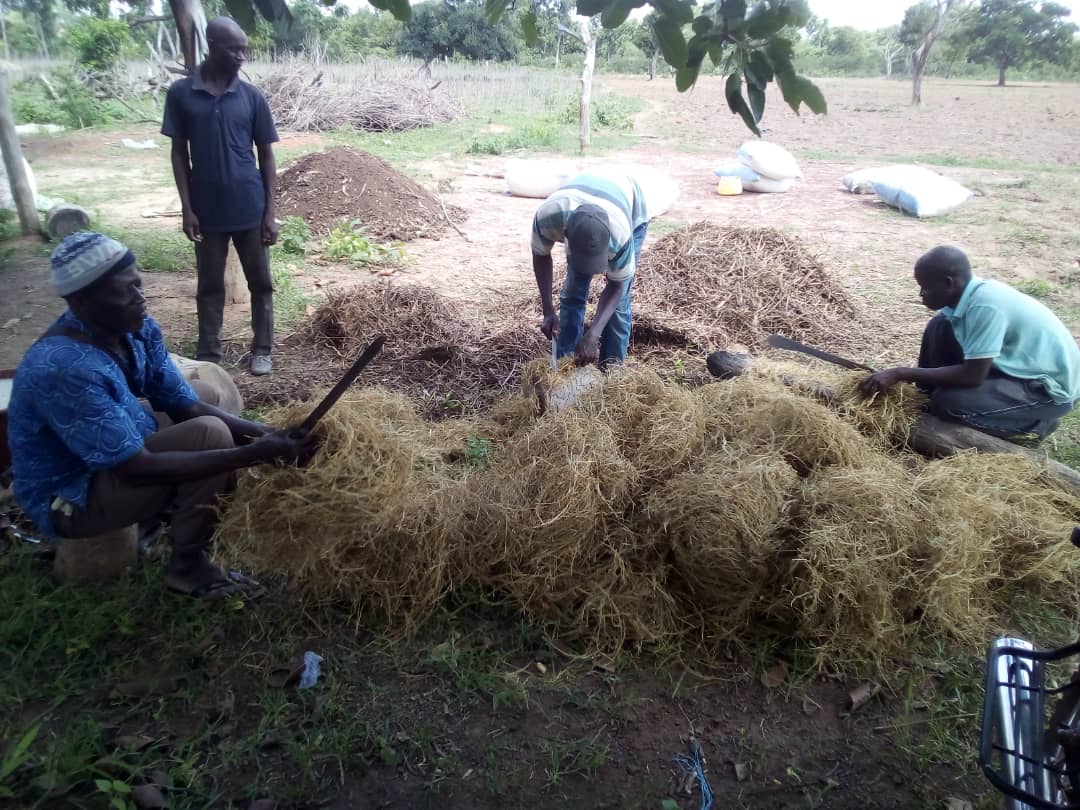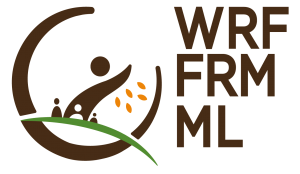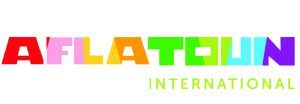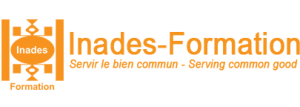Inades-Formation Côte d’Ivoire
NATIONAL ASSOCIATION SINCE 1978
Key figures
41,682 beneficiaries
109 organizations supported
08 completed projects
Story
Inades-Formation Côte d’Ivoire was founded in 1978. Initially dependent on the International Inades-Formation association, it became an autonomous national association in May 2000.
The head office was first in the city of Bouaké since 1981 before being transferred to Abidjan in 1996.
Inades-Formation Côte d’Ivoire offers support to community actors according to their needs.
Projects
The authorities of Inades-formation Côte d’Ivoire
1. The General Assembly
The General Assembly is the supreme organ of the association. It determines the general orientations of the activity of the Association and the objectives to be pursued.
2. The Executive Committee
The Executive Committee has the most extensive powers on behalf of the National Association in matters of administration. In particular, it has the powers of:
- Appoint the Director of the National Office and submit it to the approval of the President of the International Association
- Ensure the application of the decisions of the General Assembly;
- Approve the action plan;
- Approve the Annual Work Plan (PTA) and the corresponding budget;
- Read more ….
3. The Supervisory Board
The Supervisory Board has the following missions, among others:
- Monitor the achievement of the Association’s corporate purpose;
- Periodically monitor the Association’s expenses and suggest ways and means of optimizing the budget for overheads;
- Follow the management of the association by the Executive Committee and offer advice for improvement if necessary;
- Ensure the preservation of heritage;
- Ensure compliance with legal and regulatory requirements as well as the decisions of the bodies.
4. The National Office

Mrs. ZEI Pauline
National Director

Mr. ASSEMAN Parfait
Program Officer

Mr. KONI Pascal
Program Officer

Mrs. N’GO Adjou Kan
Executive Assistant

Mrs. OUATTARA Mariam
Accounting Assistant

Mr. SILUE Seriba
Regional trainer

Mr. TRAORE Drissa
Regional trainer

Mr. YAO Dago Arthur
Program Officer

Mr. YEO Gnenegninimani
An accountant

Mr. DIARRA Ousmane
Driver
Inades-Formation Côte d’Ivoire contact
Phone
(225) 27 22 50 40 72
Geographic address
Cocody Angré – Djibi – Cité Wedouwel Soleil 2 Villa N° 78
BP 1085 Abidjan 28
E-mail address
inadesformation.cotedivoire@inadesfo.net
